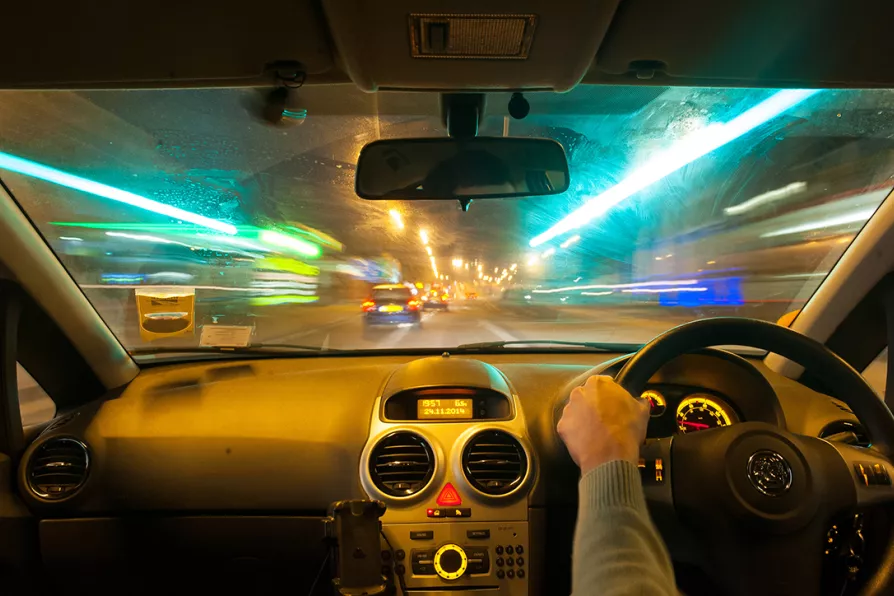From London’s holly-sellers to Engels’s flaming Christmas centrepiece, the plum pudding was more than festive fare in Victorian Britain, says KEITH FLETT

 A man driving a car in traffic at night
A man driving a car in traffic at night
PRIME MINISTER RISHI SUNAK took some clever advice from his spin doctors when in 2023 he decided to rename certain gullible folk who sit behind the wheel of a vehicle “motorists.” Using this rather old-fashioned word he triggered one of the most blatant uses of propaganda in recent years in Britain, clearly spun for one purpose only — to win votes.
Sunak went on to portray “motorists” as some sort of persecuted group, a minority who are discriminated against, when in fact many of us travel in cars from time to time without feeling we are treated unfairly and would not want to include ourselves in his gang.
This irritating trope hasn’t yet faded away; it has grown into an anti-ULEZ monster that is set to be perhaps the only populist Conservative policy that is garnering support for the forthcoming general election.

One of the major criticisms of China’s breakneck development in recent decades has been the impact on nature — returning after 15 years away, BEN CHACKO assessed whether the government’s recent turn to environmentalism has yielded results

The Prime Minister’s hamfisted promotional video promising to go ‘further and faster’ coincides with Angela Rayner’s resignation over tax dodging and Mandelson’s long overdue departure over Epstein — incredible timing, writes MATT KERR












